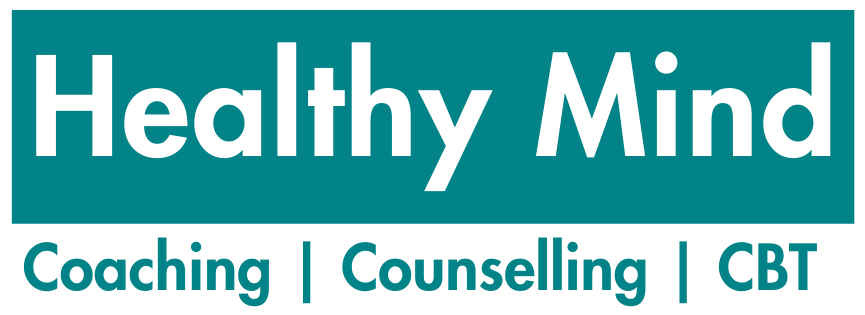Family conflicts are inevitable and usually a healthy part of family life. Bickering and squabbling can be a normal part of living with your family.
Here are 9 tips for handling family conflicts constructively, whilst nurturing positive mental health and wellbeing:
1. Acknowledge Emotions
After an argument, or before one bubbles up to the surface, it’s important to provide your family members with the space and time to honestly express their emotions or even frustrations.
Acknowledge your family members feelings by actively and genuinely listening to their concerns. This can strengthen your relationships and encourage trust and honesty.
2. Practise Active Listening
It is important to actively listen to your loved ones when they raise a concern, everyone likes to be genuinely heard.
Try not to interrupt and instead, focus on giving them your full attention. Try not to impose your opinions on them, instead, ask clarifying questions and validate how they are feeling.
3. Choose The Right Time And Place
Addressing conflict when things have settled down can create a safe space for discussion. This way, other stressors shouldn’t impact your judgments. This can create a space for productive conversations and allow conflicts to be resolved amicably.
4. Use “I” Statements
When expressing concerns use “I” statements to communicate exactly how you feel. This helps to deflect blame from others by allowing you to express your own feelings clearly. For example, use the phrase “I feel sad when…” instead of using “You make me feel so sad when…”, as this can ensure that your emotions are heard respectfully.
5. Find Common Ground
Try to identify a shared goal within the conflict. This can help you to collaborate and come up with a resolution together. Shared common ground can be a unifying force and lead to more constructive resolutions.
6. Seek Compromise
Within an argument, not all individuals will be able to understand the thoughts or emotions of their family members. Therefore, it’s important to allow for encouragement, compromise and negotiation within a conflict in order to reach the best possible solutions.
7. Practise Patience
Rushing the healing process can invalidate the feelings of your loved ones. This can leave them feeling lost and alone.
Resolving conflict takes time. Be patient, as often, we need to revisit the problem later down the line. This can simply mean that your family needs more time to heal from the conflict.
8. Use Humour And Positive Language
Laughter is a powerful tool. Defuse tension by bringing light-heartedness to the problem. This can help to create a sense of perspective within the situation. However, it is important to think carefully about the statements you make. When used in the wrong way, an unhelpful joke or statement can further deepen the problem.
9. Seek Professional Help
If you are really struggling with family conflict please reach out. Healthy Mind Coaching offers support to help you deal with family conflict. I can also guide you to improve your mental health and emotional wellbeing.
Contact [email protected] for a free 20 minute consultation to discuss your issues, concerns and requirements.






